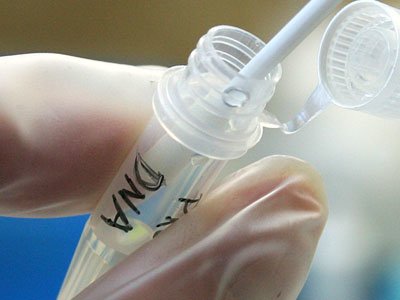Recently in Washington some of the most heated debates in decades have ensued in the Supreme Courts whether or not police will have the right to collect DNA samples upon arrest, and if so for what kind of crimes. As you can imagine there are two sides, each with strong arguments.
 The case arose from the collection of DNA in 2009 from Alonzo Jay King Jr. after his arrest on assault charges in Wicomico County, Md. His DNA matched that collected from evidence in a 2003 rape, which eventually got him convicted. With this in mind, many crimes could be solved if a preemptive DNA sampling is put in place.
The case arose from the collection of DNA in 2009 from Alonzo Jay King Jr. after his arrest on assault charges in Wicomico County, Md. His DNA matched that collected from evidence in a 2003 rape, which eventually got him convicted. With this in mind, many crimes could be solved if a preemptive DNA sampling is put in place.
But then again this evokes a number of issues related to privacy and liberty – a practice that might run afoul with the Fourth Amendment, which generally requires a warrant or individualized suspicion before police may conduct a search. Would the police be allowed to collected samples from a speeding driver? If the practice applies for major crimes only, there is always the risk of interpretation, something a higher force could use to its advantage. This and more concern some of the Justices in court who are debating the subject, like Justice Antonin Scalia.
“This is a very reliable tool,” she said, “but it’s not based on any kind of suspicion of the individual who’s being subjected to it.”
Justice Samuel A. Alito Jr. thinks otherwise and believes this should be introduced.
“I think this is perhaps the most important criminal procedure case that this court has heard in decades,” he said, adding: “This is what is at stake: Lots of murders, lots of rapes that can be solved using this new technology that involves a very minimal intrusion on personal privacy.”
“Why isn’t this the fingerprinting of the 21st century?” he asked.
What will come of this, we can not say for certain, but ITSGOV is closely following the situation and will keep you posted as it unfolds.
For now, Justice Scalia said, the law’s purpose is “to catch the bad guys, which is a good thing.” But, he added, “the Fourth Amendment sometimes stands in the way.”



